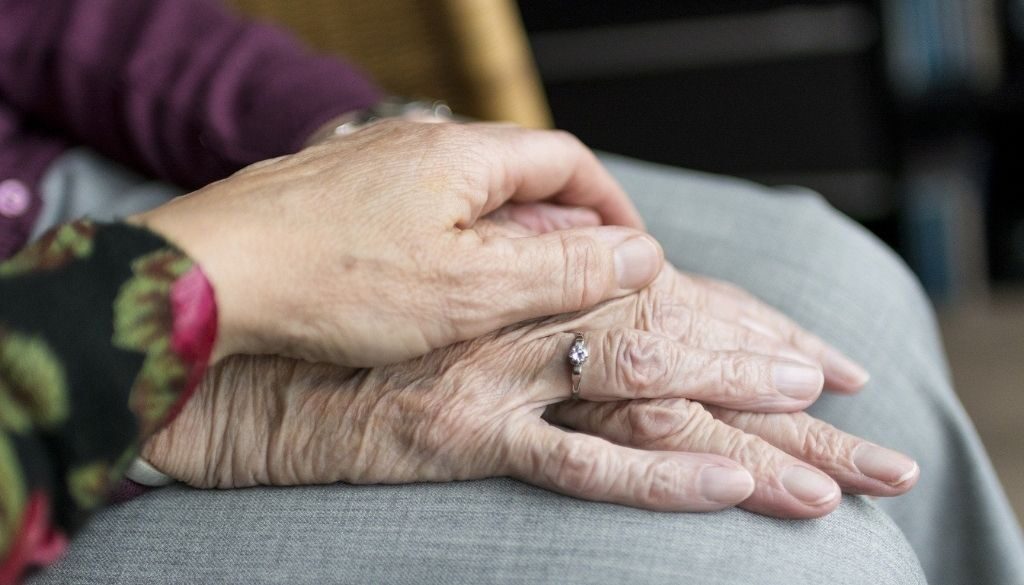Alzheimer’s & Dementia Care: Asking For Help
Dementia caregiving isn’t a one-person task — and friends and loved ones might be more willing to help than you’d think. Know how to reach out.
Providing care for a person with Alzheimer’s disease or another disorder causing dementia is challenging. No one is equipped to care for another person 24 hours a day, seven days a week. If you’re the caregiver for a family member or friend with dementia, learn how to ask other friends and family members for help.
The Impact Of Caregiving
Caregiving for someone with dementia is a commitment that changes over the course of the disease — requiring more time, skills, decision-making and patience. The nature and quality of the relationship between the caregiver and the care recipient also changes over time. And you may experience the grief of losing your companion or friend even while still providing care.
The expectations and stresses of caregiving can have a notable effect on your own physical and mental health. The impact of caregiving can increase the risk of:
- Depression
- Loneliness
- Disrupted or poor sleep
- Poor diet and exercise habits
- Increased blood pressure, cholesterol or other cardiovascular risk factors
- Declining health
- Declining quality of life
How To Share The Load
To lessen the impact of caregiving, share responsibilities with family members or friends who can either supplement your caregiving or help you manage other responsibilities.
Asking for help may be difficult for any number of reasons. You might be afraid people will say no. It may require you to examine your own needs, educate other people about caregiving and trust others to complete tasks you normally do.
To make it easier to ask for help and make the best of others’ efforts:
- Be realistic. Caregiving is demanding. Asking for help doesn’t make you inadequate or selfish.
- Make a list. Create a list of a variety of tasks that could be done to support you: grocery shopping or other errands, going for a walk or reading with the person in your care, doing house or yard work, preparing a meal, or organizing bills or other paperwork.
- Consider abilities and interests. Suggest a task that best fits a friend’s or family member’s ability to help. While some may have the skills or patience to spend time with the person in your care, others may be more comfortable with a task that’s less direct.
- Plan ahead. As much as possible, give someone advance notice for when you need help. Scheduling times for support enables your helper and you to plan and prioritize tasks.
- Be clear. When you ask for help, be clear about what you need. Avoid watering down your request by saying things like, “It’s only a thought.”
When To Seek Outside Help
You will likely find there are times when you need help in addition to what family members and friends can provide. Your local Area Agency on Aging, local Alzheimer’s Association or your family doctor may direct you to community resources that can support your caregiving and provide respite from your responsibilities. These services include:
- Adult care services that provide daytime programs or meals
- In-home health or care services
- In-home companion services
- Meal delivery programs
Asking for and arranging help with your caregiving responsibilities — like all aspects of dementia caregiving — will change over time and require you to adapt. Throughout the course of the disease, you can best support yourself and the person in your care if you continue to seek the help you need.
Keep Up To Date On Neighbor News And Blogs
Find all of The Neighbors of Dunn County’s current news here.
Source: Mayo Clinic




